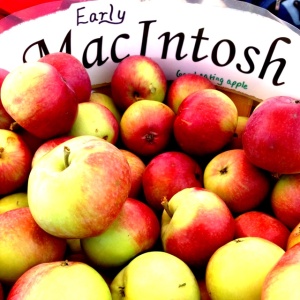Readings: Isaiah 11:1-9, Numbers 16:20-35, Acts 28:23-31
The Holy Spirit spoke the truth to your ancestors when he said
through Isaiah the prophet:
“’Go to this people and say,
‘You will be ever hearing but never understanding;
you will be ever seeing but never perceiving.’
For this people’s heart has become calloused;
they hardly hear with their ears,
and they have closed their eyes.
Otherwise they might see with their eyes,
hear with their ears,
understand with their hearts
and turn, and I would heal them.”
Acts 28:25-27
As I read these passages, I cannot help but think of the state of our world today. It is easy to lose faith, let fear take over and give up hope. It is easy to close our eyes and our hearts. Yet Advent asks us to remain full of hope, and hope is what these passages are all about to me.
As Isaiah tells of the glory of the future of Christ’s kingdom on earth, where peace shall cover the earth and where the wolf will live with the lamb, Paul works to break down the barriers between Jew and Gentile, between slave and free. He speaks to everyone. Some do not listen. Some do not understand. But he continues as an apostle for Jesus completely trusting in God regardless of his circumstances.
We are the ordinary people filled with the Holy Spirit that Paul called upon to spread the Word. Over the past three years I have traveled to Africa, Honduras and New Orleans to use my hands and my feet, my eyes and my ears to serve. I have spent time at schools, churches, villages and homes. I have sat with both young and old, and have worked alongside strangers. And even though I do not speak Swahili or Spanish (nor did many speak English!) I have felt what it is like to understand with my heart.
May the words of Isaiah and the actions of Paul give us hope this advent. May we see each day with new eyes, hear each word with new ears and open our hearts to God and one another.
Offered by Heidi Marcotte, living in hope, working in this world.

